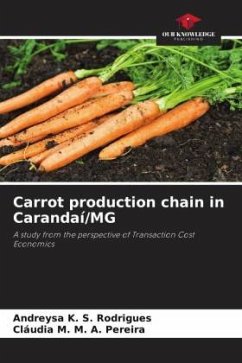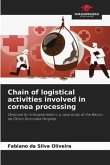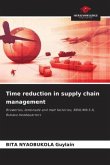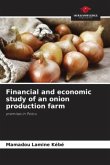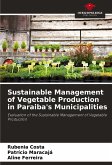Carrots are one of the five main vegetables marketed in Brazil, and the state of Minas Gerais is currently the largest national producer. In the municipality of Carandaí, the importance of carrots is evidenced by the generation of income and employment linked to its production activity. Therefore, the carrot production chain in Carandaí/MG was studied from the perspective of transaction cost economics, since this theory considers the presence of costs associated with market transactions and that these can be minimised by appropriate forms of governance. The study made it possible to identify the governance structure used by producers in the municipality, as well as strategies for reducing transaction costs. In addition, possibilities were presented for better organising the city's production chain in order to reduce transaction costs in ex ante and ex post carrot production activities.
Bitte wählen Sie Ihr Anliegen aus.
Rechnungen
Retourenschein anfordern
Bestellstatus
Storno

